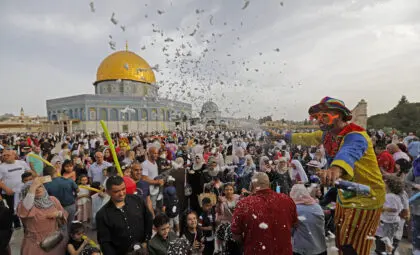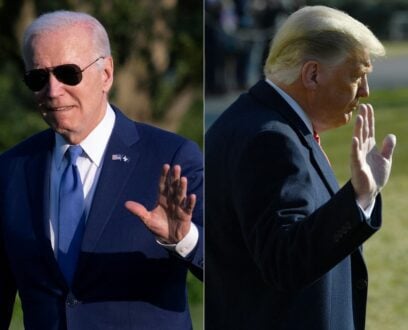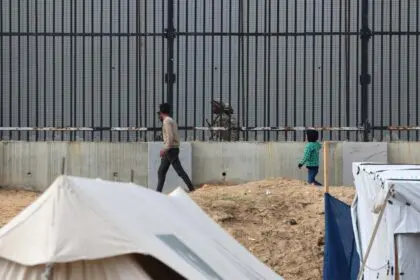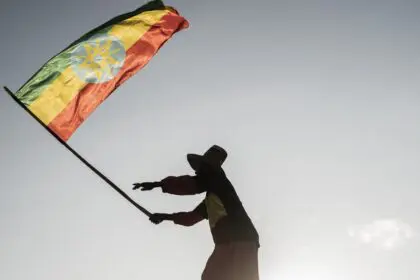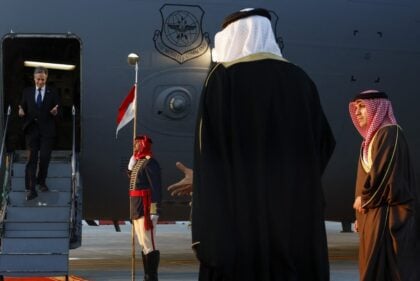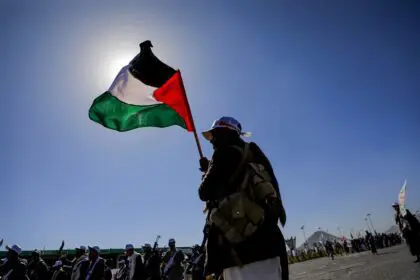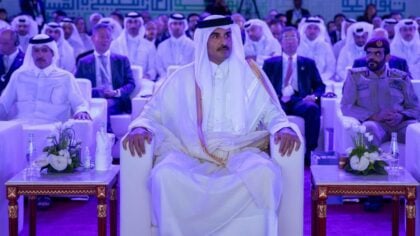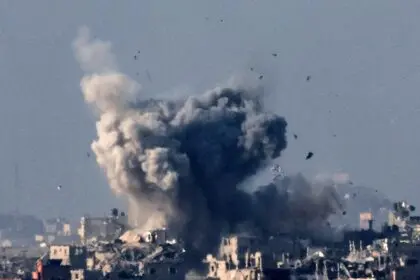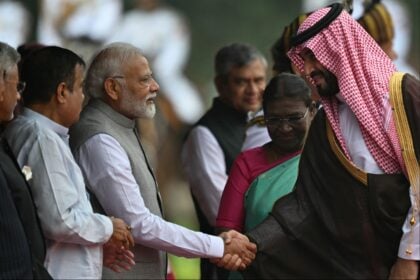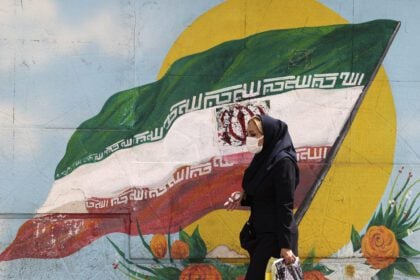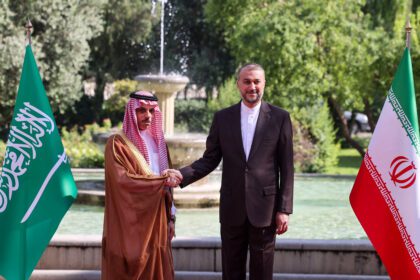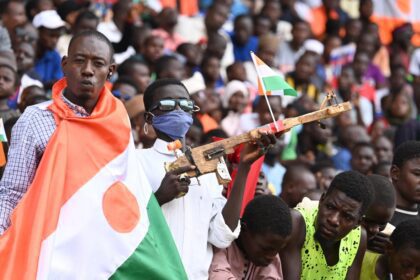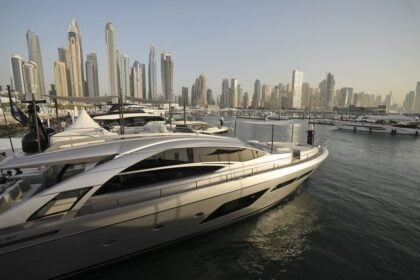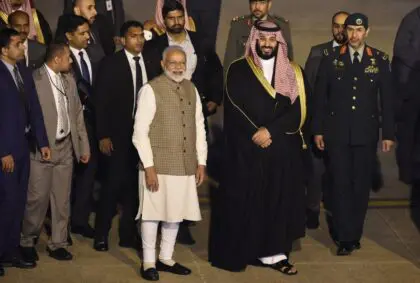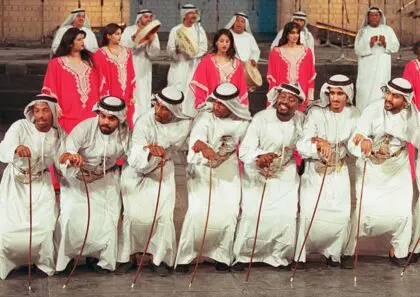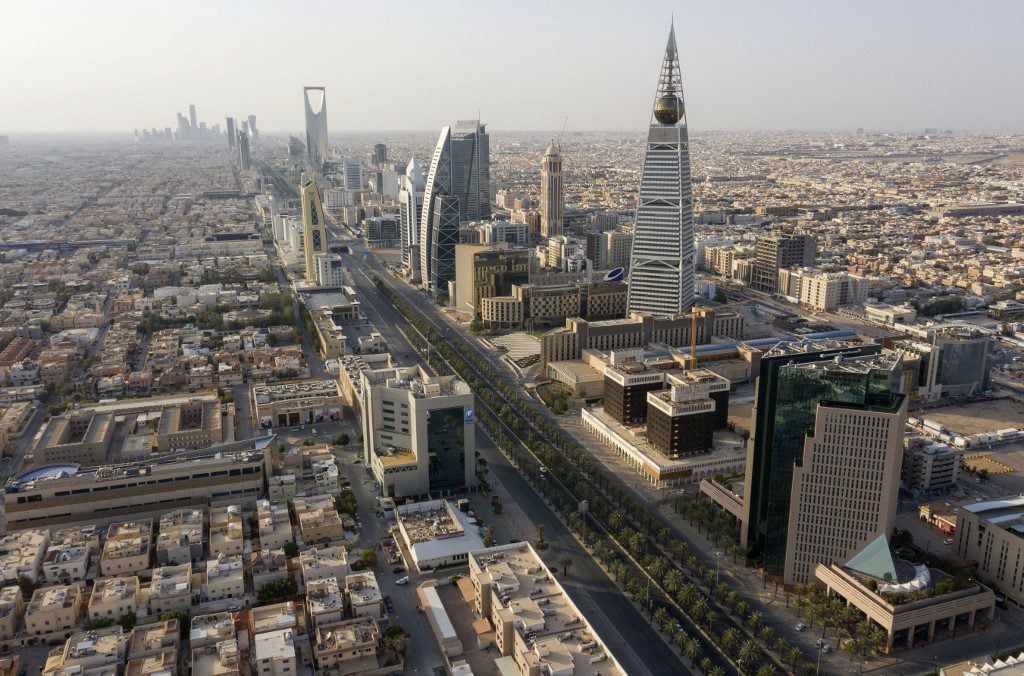
Introduction
Saudi Arabia (Official name: Kingdom of Saudi Arabia) is a sparsely populated Kingdom in the Middle East. Saudi Arabia’s geography is extending across most of the northern and central parts of the Arabian Peninsula, Saudi Arabia is a young country with a rich history and a geographic area of 2,149,690 K2.
It is bordered by Jordan, Iraq, and Kuwait to the north; by the Arabian/Persian Gulf, Qatar, the United Arab Emirates, and Oman to the east; by a portion of Oman to the southeast; by Yemen to the south and southwest; and by the Red Sea and the Gulf of Aqaba to the west.
In the western highlands, along the Red Sea, lies the Hejaz, which is the cradle of Islam and the site of the religion’s holiest cities, Mecca and Medina. In the country’s geographic heartland lies a region known as Najd, a vast arid region that until recent times was populated by nomadic tribes.
To the east, along the Arabian/Persian Gulf, are the country’s abundant oilfields that, since the 1960s, have made Saudi Arabia synonymous with petroleum wealth. Those three elements—religion, tribalism, and endless wealth—have fueled the country’s subsequent history.
Riyadh is the capital city of Saudi Arabia. The city is named for the natural fertility of its location at the juncture of Wadis of Hanifah and Al Batha’, and the city’s lights watched from a plane in the air are spectacular.
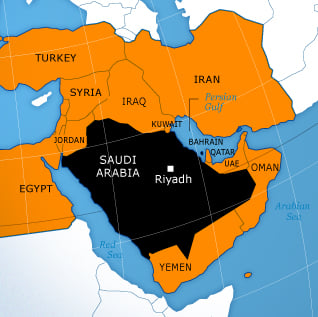
With the rise of the Al Saud family — a Najdi group after which the country is named — and its eventual consolidation of power in the early 20th Century, Saudi Arabia began to identify the characteristics of a modern country, and the pace of life accelerated rapidly.
The constant flow of pilgrims to Mecca and Medina has always provided the country with outside contacts. Also, Saudi Arabia’s growing petroleum wealth has resulted in huge and fast infrastructure investments in the Kingdom, which is reflected in the citizens’ life and economy.
Moreover, interaction with the outside world has expanded with innovations in transportation, technology, and organization. The expanding oil wealth in the Kingdom has effected drastic changes in educational, social, and economic aspects.
Modern methods of production have been superimposed on a traditional society by the introduction of millions of foreign workers to the country and by the employment of hundreds of thousands of Saudis in nontraditional jobs.
The Saudi population is estimated at 34.1 million in 2021. Non-Saudi (expatriates) make up 36.4 percent of the total population, according to estimates for 2021.
Arabic is the official language of the country. Islam is the only religion of citizens (85 -90 percent are Sunnis, while 10 -15 percent are Shia). In addition to Muslim expatriates, other groups (including East Orthodox, Protestants, Roman Catholics, Jews, Hindus, Buddhists, and Sikhs) live in Saudi Arabia too.
Although the country has a large number of expatriates of different religions (more than 30 percent of the population are expatriates), most of the general religious expressions that differ from the government’s interpretation of Sunni Islam are restricted; non-Muslims are not allowed to hold Saudi citizenship, and places of worship for non-Muslims are banned.
The local currency is the Saudi riyal, and natural resources are petroleum, natural gas, iron ore, gold and copper.
In military terms, Saudi Arabia ranked 22nd out of 145 among the countries listed in the 2023 Global Firepower Index.
The Saudi media environment is one of the most repressive in the world. The Kingdom ranked 166 out of 180 countries in the Reporters Without Borders’ (RSF) 2022 World Press Freedom Index.
The legal framework in Saudi Arabia does not guarantee freedom of expression. During the last quarter of the 20th Century, Saudi Arabia adhered to subjecting Saudi local media to its authority.
The 1982 Royal Decree on Press and Publications criminalized criticism by the press of the royal family or religious authorities. The 1992 Basic Law continues to criminalize the dissemination of any information that is harmful to national unity, or that may harm national security or cause discord and defamation. Such legislation has gained further strength with the introduction of the 2014 Law for the Crimes of Terrorism and its Financing.
Among the prominent faces in Saudi Arabia are Bayan Mahmoud Zahran; billionaire Prince Alwaleed bin Talal, and women’s rights activist Eman al-Nafjan.
Traditional sports in Saudi Arabia include camel racing, a sport that has been, and continues to be, very popular across the country because the history of Saudis is inseparably connected to their camels.
Football is the most popular national sport in Saudi Arabia. The Saudi Arabian Football Federation manages the Saudi Football Team and organizes Saudi leagues and the King Cup championship.
The Saudi National Team participated five times in the FIFA World Cup (1994, 1998, 2002, 2006, 2018). It also participated in the Asian Cup tournament 10 times and won the title three times in 1984, 1988 and 1996. The Saudi Team was the runner-up of the Asian Cup champion in 1992, 2002 and 2006.
There are three climatic zones in the kingdom: (1) desert almost everywhere, (2) steppe along the western highlands, and (3) a small area of humid and mild temperature conditions, with long summers, in the highlands just north of Yemen.
The Arabian Peninsula is dominated by a plateau that suddenly rises from the Red Sea and falls gently toward the Arabian/Persian Gulf. In the north, the western highlands rise 5,000 feet (1500 meters) above sea level and fall slightly to 4,000 feet (1200 meters) on the periphery of Medina.
Located near Abha in the south, Jabal Sawda (Sawda Mountain) is the highest point in the country and the estimates of its height range from 10,279 to 10,522 feet (3,133 to 3,207 meters).
The most prominent tourist attractions are the Kingdom Center Tower in Riyadh, the Masmak Fort, King Abdullah Park, the Floating Mosque, in addition the holy places.
Saudi Arabia uses the right-hand-traffic rule of the road as in the rest of Middle East and North Africa countries. The Standard Time in Saudi Arabia is (GMT+3), and the international calling code is +966.



